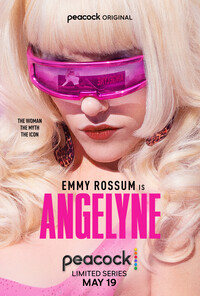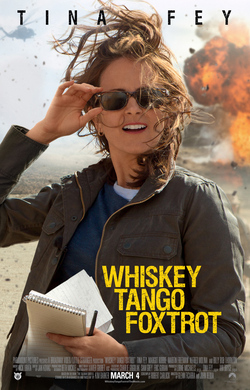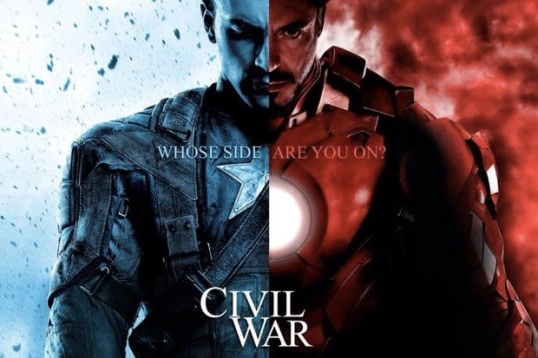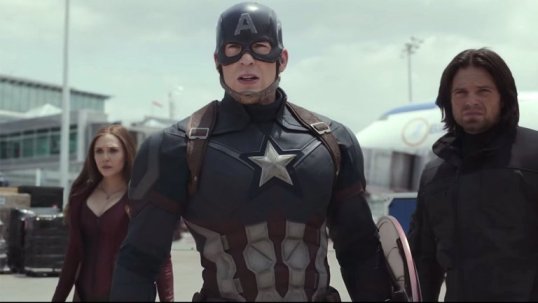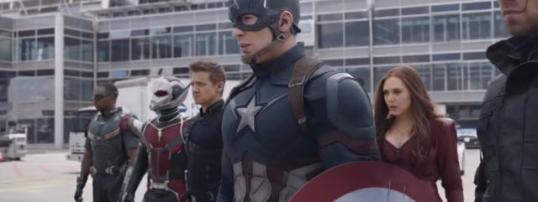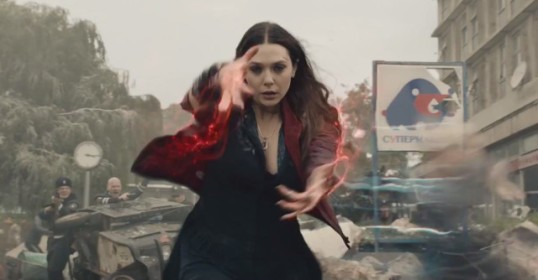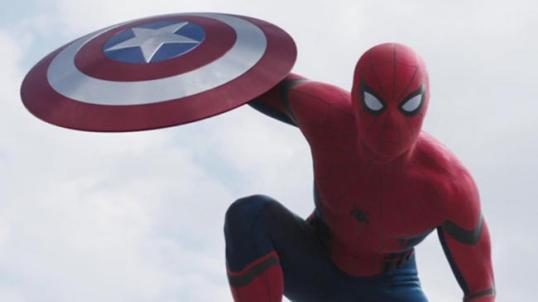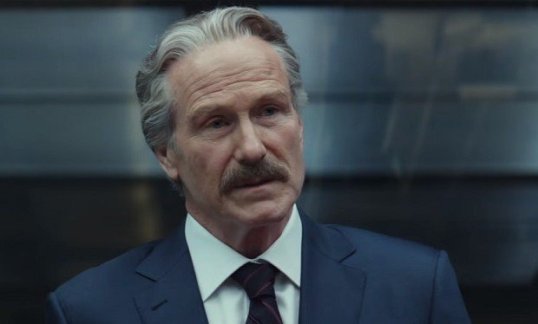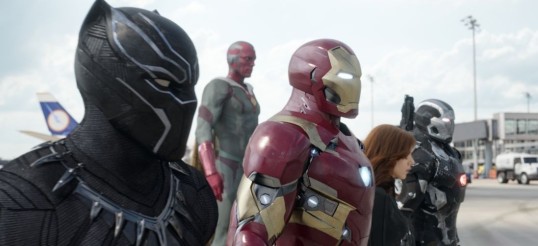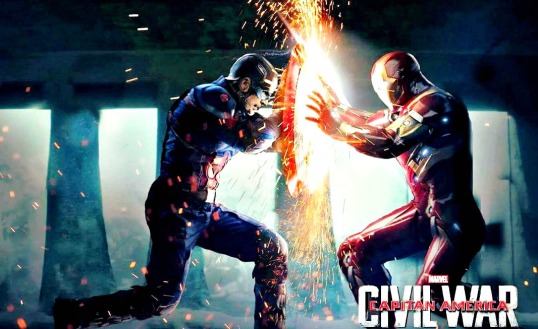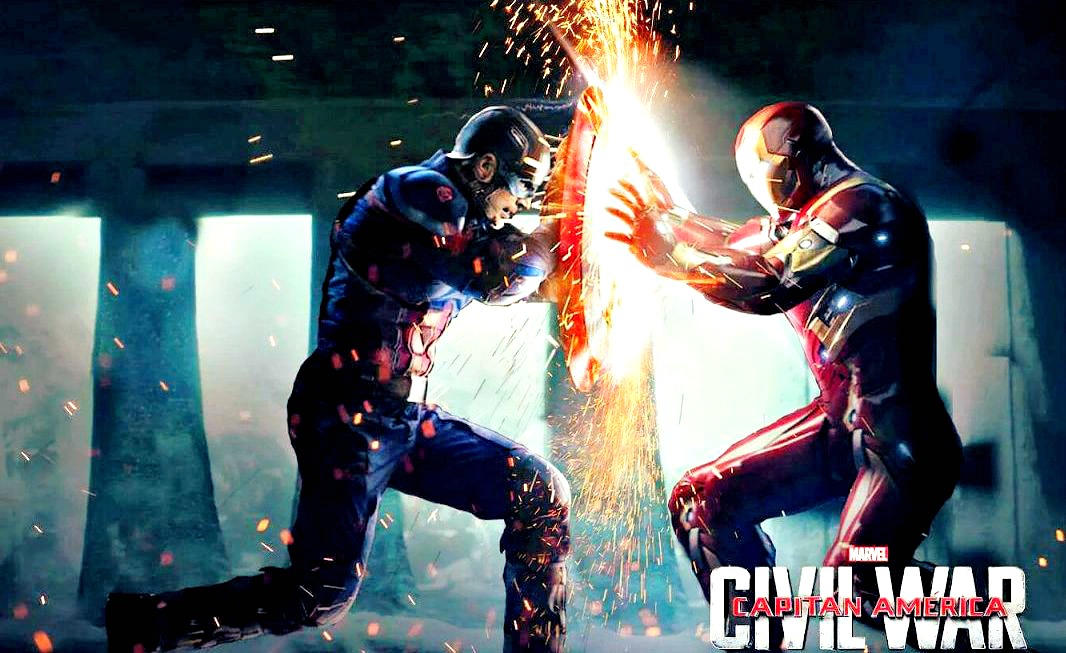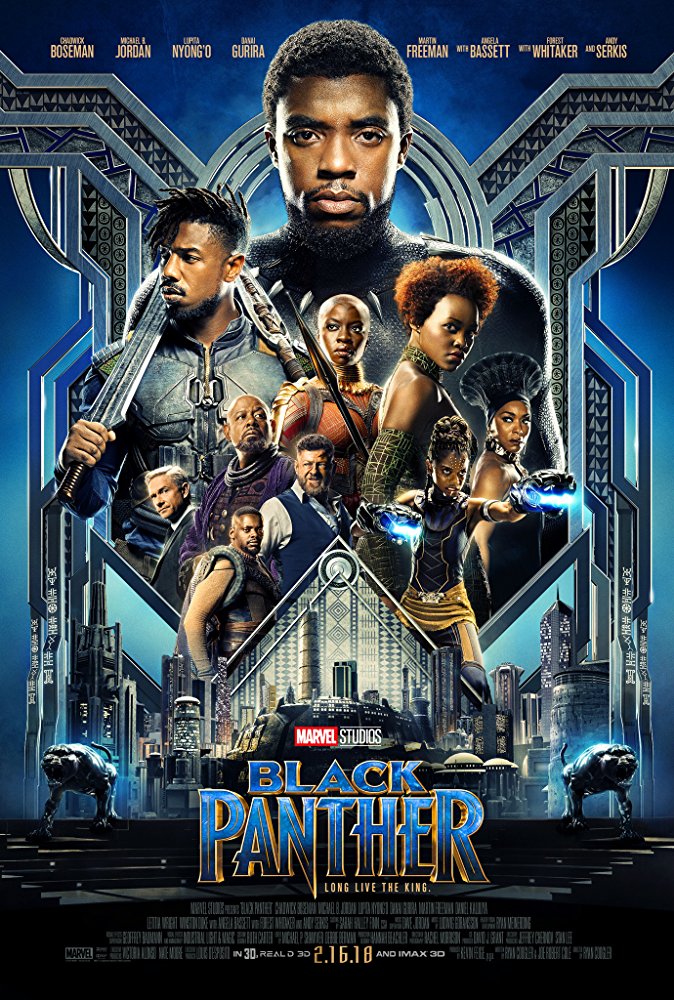
Let’s be honest — as was the case with last year’s Wonder Woman (in fact probably to an even greater degree), Black Panther was a cultural phenomenon before it was even released, and in future it will be examined as such. As something more than a movie. As something that resonated within, and reverberated throughout, the zeitgeist. Its trajectory in that regard is largely unwritten to this point, but can be predicted with a fair amount of certainty : near-universal praise will come first, followed by the inevitable backlash, followed by an almost apologetic, “ya know, maybe we were too hard on this thing that we loved at first” sort of acceptance. If we could just skip all that, and take it as a given, it would save us all a lot of time and effort — but it’s on the way, so tune in or out of all that as you see fit. My concerns here are considerably more prosaic : to talk about the movie as what it began “life” as, to wit — “just” a movie.
For what it’s worth (which may not be much), I’m tempted to agree, to an extent, with those who are pointing out that simply seeing this flick is in no way an act of “resistance” in and of itself : after all, if the fact that the first thing that runs in theaters before the film starts is a commercial for Lexus cars featuring Chadwick Boseman in full Panther gear isn’t enough to clue you in to the reality that, at the end of the day, this is much more about profits than it is about politics, then the product placement within the film itself should do the job — and at the end of the day, one of the largest corporations in the world, founded by noted racist Walt Disney, is still the one making all the money off it. If, then, shelling out ten or fifteen bucks to watch Black Panther is an inherently defiant or dissident act (and I’m not saying it is), then it’s a highly commodified and co-opted one.
All that being said, when a film is released out into the world, particularly a film with as much fanfare attached to it as this one, there are gonna be ripples that emanate out from it — and among the millions of kids, in particular, who watch this flick, the seeds of an interest in African culture are sure to be sown, and the more they follow the metaphorical stalks that grow and flower from those seeds, the more they’ll discover things like historical resistance to colonialism, exploitation, capitalism, and the like. So while Black Panther may not be a radical (or even a particularly political) work in and of itself, it may inspire some radicalism in the future — one can only hope, at any rate.
But that’s pure speculation at this point, so let’s talk about what we know for certain.

One thing anyone who follows this site, or my work anywhere else, absolutely knows is that I’m no fan of Marvel Studios product in general. Unlike, apparently, most people, I find the overwhelming majority of Marvel flicks to be hopelessly redundant, formulaic, lowest-common denominator fare directed in a flat and lifeless “house style” with no particular visual flair, no particularly standout performances, no particular vision to do anything but get audiences keyed up for the next one. They exist as a self-perpetuating celluloid organism, one with no distinct personality but a lot of business sense and promotional muscle. This has been going on for so long, and with so much box office success, that I went into flick essentially expecting more of the same — sure, I knew it had a predominantly-black cast, and was set in Africa (albeit in a fictitious country), but that doesn’t mean that director Ryan Coogler was going to break the mold in any appreciable way. Hell, it doesn’t even mean that he would be allowed to do so. Happily, my pessimism was turned on its ear almost from word the word “go” here.
Black Panther looks different, feels different, because it is different. Coogler and co-screenwriter Joe Robert Cole certainly capture the dynamism, the energy, the Afro-futurism that has been a part of King T’Challa’s backstory since Jack Kirby created the character and his world (nope, we don’t lay any credit at Stan Lee’s feet around these parts, but I’m not getting into the “whys and wherefores” of that right now because, shit, I don’t have all night), but advance it all considerably, absorbing the extra layers added onto the mythos by the likes of Don McGrregor, Billy Graham, Christopher Priest, Reginald Hudlin, and Ta-Nehisi Coates over the years, and coming out with something uniquely suited to cinema and very much of the “now.” There’s a hard-driving and kinetic sense of energy to this film that the so-called “MCU” has been missing since it inception, and if you’re among the small number of those who agree with my assessment that most of these flicks play out more like two-hour TV episodes than proper movies, you can relax : this is as bold, brash, and big as it gets. This is blockbuster fare not only in name, but in execution, with visual effects that amaze, sets that inspire awe, cinematography that commands attention, action that sizzles, a script that charges forward, and music that slicks that trajectory along. This is arresting cinema that doesn’t even give you the option to leave your seat.

But what of the acting, you ask? It ranges from good to great, and thankfully the great includes the key players : Chadwick Boseman is regal yet human, fallible, relatable in the film’s central role: Forest Whitaker embodies aged wisdom tinged with regret as high priest Zuri; Michael B. Jordan is the first truly formidable villain, crucially one with a compelling backstory and some entirely valid philosophical viewpoints, as Killmonger; Martin Freeman not only reprises, but considerably expands, his already-extant “MCU” role of CIA agent Everett K. Ross with heart, humor, and brains; Sterling K. Brown makes the most of limited but significant screen time as T’Challa’s late uncle, N’Jobu; Andy Serkis — as a human this time! — chews up the screen with dangerous charm as Ulysses Klaue (or “Klaw,” as the comics would have it). These guys are all tops, really. And yet —
It is the women that carry this film. Whether we’re talking about Lupita Nyong’o as T’Challa’s love interest Nakia, a determined, fiercely independent, and soulful force that isn’t just her partner’s “equal,” but his conscience; Danai Gurira as General Okoye, head warrioress of the Dora Milaje, who embodies martial discipline and loyalty with the controlled fury of a hurricane ready to strike at any moment; Angela Basset as Queen Mother Ramonda, a living embodiment of grace, stature, and tradition; or Letitia Wright as younger sister Shuri, part “Q” to T’Challa’s “Bond,” part grounding and humanizing influence, part Moon Girl-style intellectual prodigy — as in life, it is the women that both make this movie’s men what they are, while also being complete and fully-realized in and of themselves. African history is far less patriarchal than is commonly believed, and in Wakanda that proud matriarchal lineage is exemplified, modernized, magnified — and honored.

Most films reflect the moment. Others define the moment. Black Panther goes one further by creating the moment. It’s as near to flawless as big-budget blockbusters get and eschews the too-common-flaw that movies made on this scale have of dumbing things down to appeal to the masses. Coogler and company instead trust those same masses to be intelligent enough to meet them on their level, and to respond to being talked “up,” rather than “down,” to. By believing that the world was not just ready, but eager, for something that goes far beyond mere spectacle — something that challenges the intellect while speaking to the heart — they have woken what could very well be a sleeping giant.
Now, let’s just keep our fingers crossed they’ve spurred that giant to do something more than simply go out and buy luxury cars.
